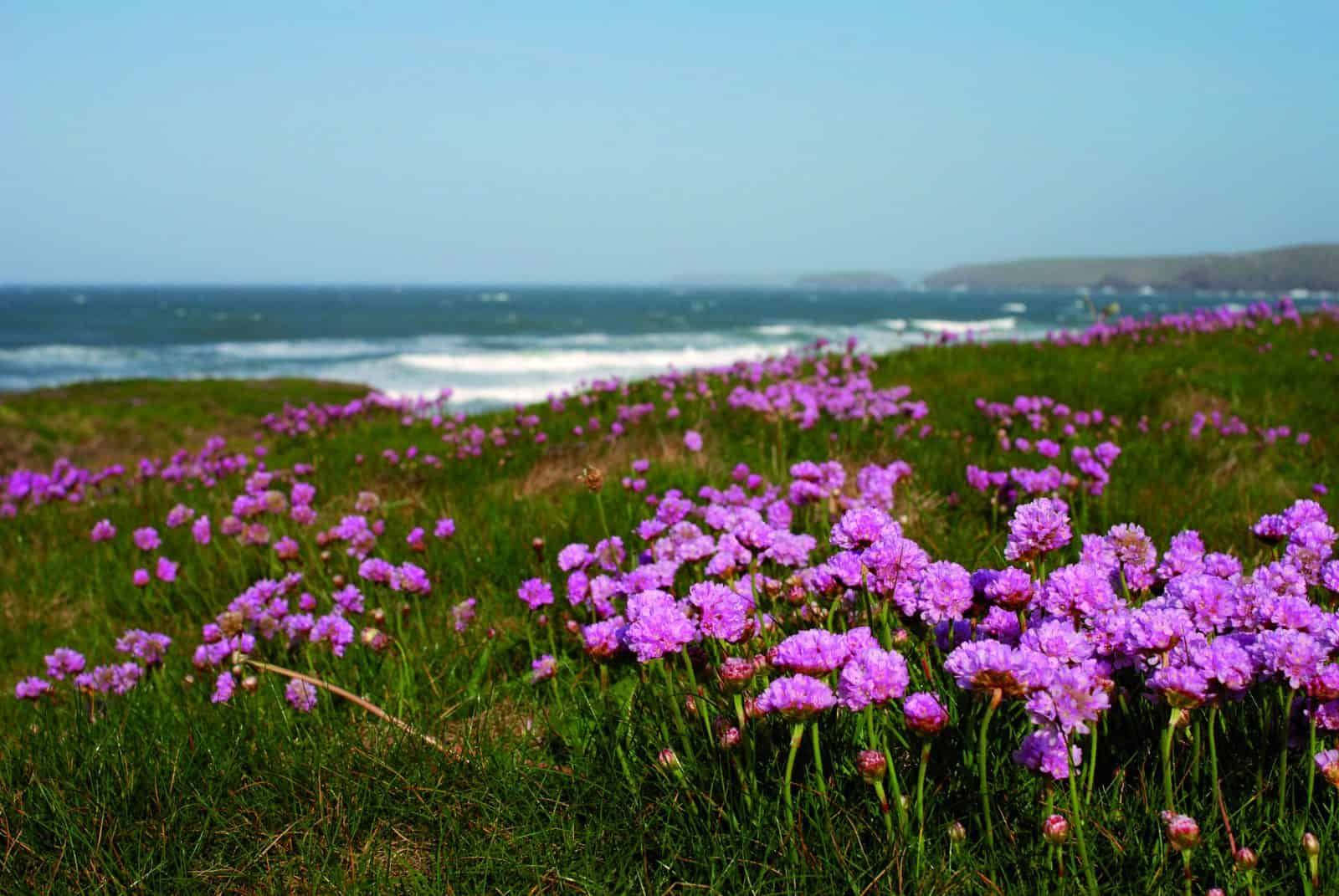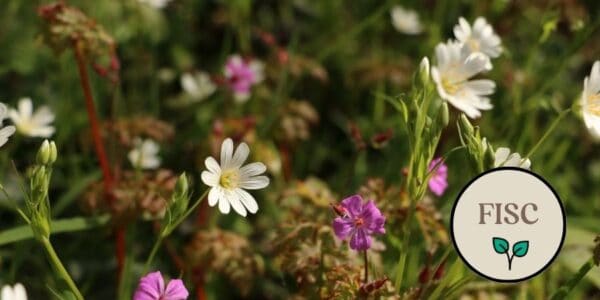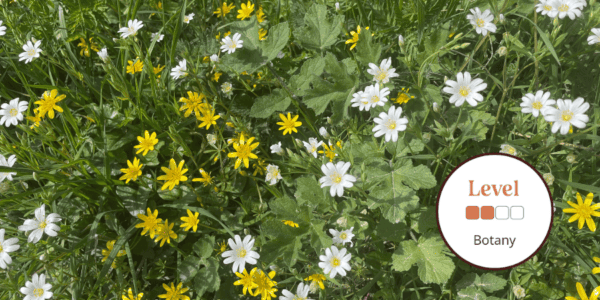Coastal habitats contain many beautiful and interesting plant species adapted to some extreme environmental conditions. This course will help you develop your ability to identify many of the common species and understand how they are adapted to live in the transitional habitats between land and sea – a beneficial skill to have.
This beginner-intermediate course will provide a unique opportunity to practice identification of the variety of plant species found in both saltmarsh and sand dune systems.
What will be covered during this course:
- Practical experience in the field identification of salt marsh and sand dune plants.
- Opportunities to carry out vegetation surveys in both habitats using a variety of survey techniques.
- Time to explore habitats viewed in their environmental context, with special reference to the process of ecological succession.
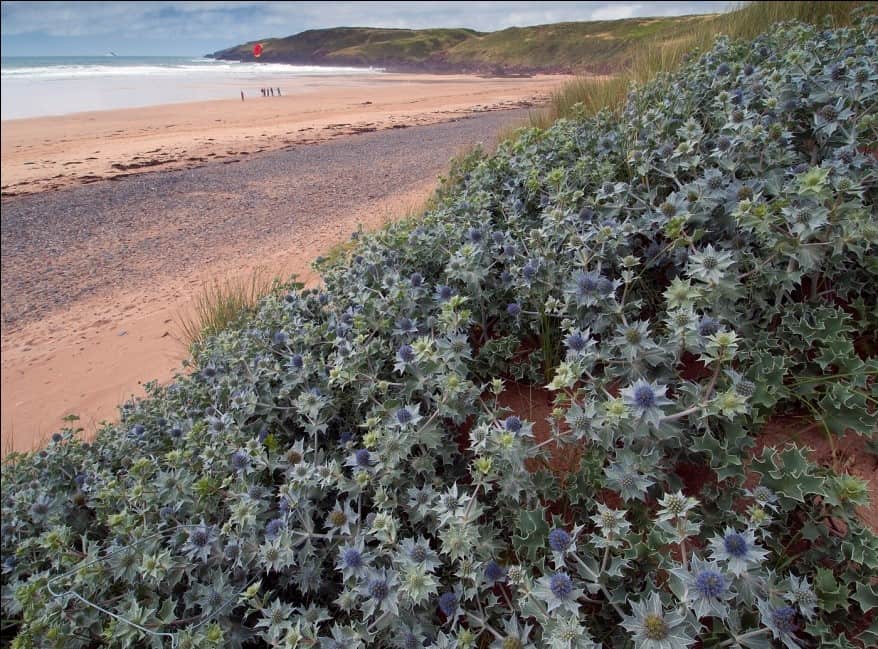
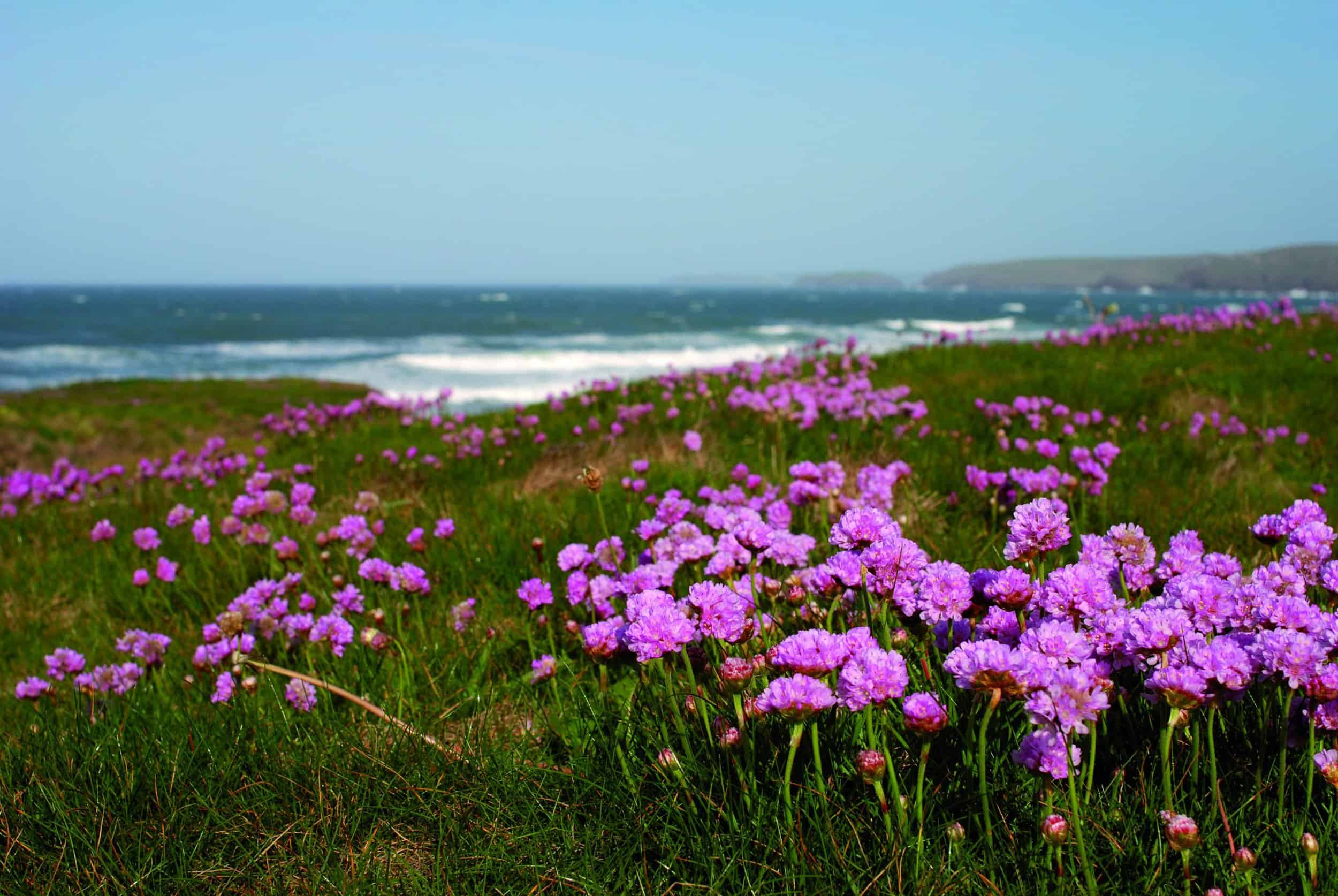
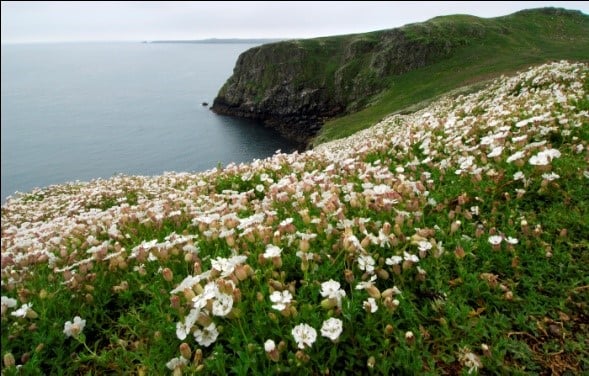
Read More
Through a combination of classroom-based sessions and field visits, you will be able to put both habitats into their ecological and successional context and discuss how plants are adapted to these two extreme coastal environments.
You will have time to explore the beautiful coastal environment around Dale Fort, Pembrokeshire, to find specimens and learn valuable observational and comparative field identification skills.
By the end of the course, you will be able to:
- Describe the plant species found in two different systems
- Identify species and their adaptation to habitats
- How to carry out vegetative surveys
- Share this knowledge with friends, family, and fellow volunteers
PLEASE NOTE the course fee is for tuition only. There is no accommodation provided with this course. If you would like to book accommodation, lunch and an evening meal at Dale Fort, please email [email protected].
Who Should Attend? – Nature enthusiasts, students, rangers, early career consultants and ecologists.
Please Note: the field excursions involve walking up to a couple of miles on muddy or sandy terrain; therefore, course participants will need a reasonable degree of physical fitness.
Knowledge Level – Beginner. Level descriptors can be found on the following web-page: Framework and Course Level Descriptors
Prior Knowledge – No existing knowledge, or experience is needed for this course. Just a willingness to explore and learn.
Please email [email protected] if you have any questions.
About the Tutor
John Archer-Thomson
For many years John Archer-Thomson was Assistant Head of Centre at our Dale Fort centre. He is now working as a freelance coastal ecologist, writer and photographer and runs a number of courses at Dale Fort each year. He co-wrote Rocky Shores, Volume 7 in Bloomsbury’s British Wildlife Collection.
Example Timetable
Example Timetable
This timetable is subject to change but should give a clear outline of what to expect.
- Please arrive in time for the course to start promptly at 10:00am on the Saturday, and 9:00am on the Sunday
- The course will end at 5:00pm
Please note - lunch and accommodation are not provided.
Day 1
10:00am Introductions and prepare for the field visit
10:45am Field visit to salt marshes
1:00pm Break for lunch - Not included
2:00pm Continued field time
3:00pm Classroom session covering
- Ecological and successional context
- Plant adaptations
4:30pm Classroom plenary and final questions
5:00pm Finish
Day 2
09:00am Introduction to the day and prepare for the field session
09:45am Field visit to salt dunes
1:00pm Break for lunch - Not included
2:00pm Continued field time
3:00pm Classroom session covering: Comparison of plants in each habitat
4:30pm Classroom plenary and final questions
5:00pm Finish
What's Included
The course has been carefully created by expert tutors and educators to help you continue to build and develop your knowledge and apply it within the field surrounded by like-minded individuals.
The course includes:
- Classroom learning covering the theory of the species
- Field excursions to apply new knowledge
- Expert tuition for which the Field Studies Council is renowned
- Clear objectives and progression
- Refreshments (tea and coffee)
You can rest assured that the absolute best content from an expert in environmental education will be provided. In choosing a Field Studies Council course, you will be joining thousands of people who learn with us each year.
Bursaries and Subsidies
Student Discount
This course is eligible for a student discount. If you are a current student, please use discount code BioStudent20 at checkout for 20% off all Biodiversity courses.
Natural History Bursaries
There are a number of natural history bursaries available to help with the cost of your course. To find out if you and your chosen course are eligible, read more here.
Before You Attend
What to Bring
- Lunch and refreshments
- Warm clothing
- Waterproof jacket and trousers
- Outdoor footwear – sturdy shoes or boots and wellies, these might get wet
- Day rucksack
- Warm hat and gloves for inclement weather and sunhat and sun cream for sunny days
- A hand lens if you have one
There will be a member of staff with first aid training and access to a first aid kit on site. If you have special medical or access requirements, please let us know as soon as possible so we can plan the course.
Opportunities to attend this course
-
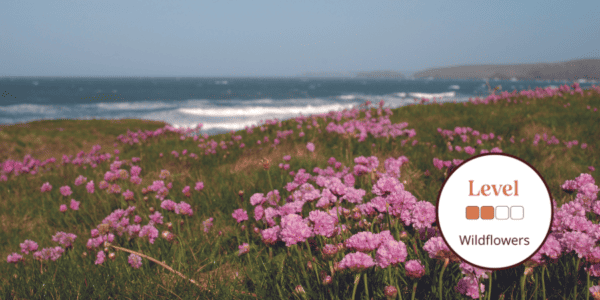
Sat 25, May 2024 10:00 - Sun 26, May 2024 17:00
Note: Course timings are: Saturday: 10:00am - 5:00pm. Sunday: 9:00am - 5:00pm. If you would like to book accommodation, lunch and an evening meal at our Dale Fort Centre, please email [email protected].
No current dates for this course? Click here to view all the upcoming Natural History courses.
Progress Your Learning
This is a training course from the Field Studies Council, delivered by expert tutors with an approachable learning style. After attending this course, you may like to progress your learning with further relevant courses or branch out into other areas of natural history. The Field Studies Council offers both online and in-person courses, so you can choose the learning style that suits you best.
The course gives you the opportunity to immerse yourself in a new subject and acquire novel skills. Our online portal gives you time to study at your own pace and fit the lessons around your own schedule.
If you have any questions about our courses please check our Frequently Asked Questions or email [email protected].
Group Bookings Made Easy
If you have a group of 10 or more individuals wanting to complete one of our courses, our team are available to discuss your options – from discounts to private team courses. Click here to find out more!
You can rest assured that the absolute best content from an expert in environmental education will be at your fingertips. In choosing a Field Studies Council course, you will be joining thousands of people who learn with us each year.

